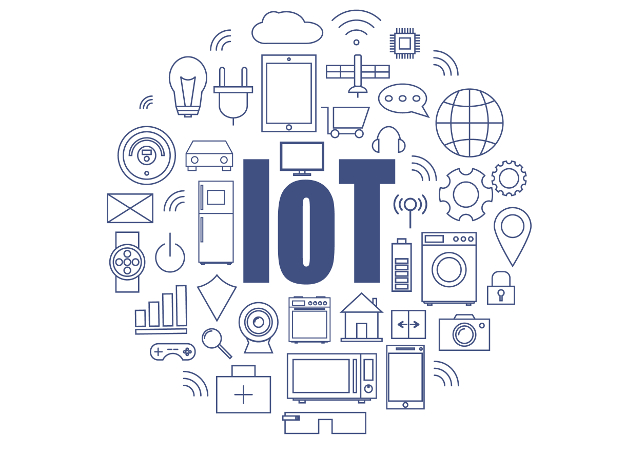
Internet of Things investments will reach $800bn in 2017
The International Data Company (IDC) has just released its latest spending estimates for the Internet of Things (IoT), and the research firm predicts that investments will grow by 16.7 percent in 2017 to almost $800 billion.
Global IoT spending is expected to hit nearly $1.4 trillion by the year 2021 as a result of enterprise investments in IoT software, services, connectivity and hardware.
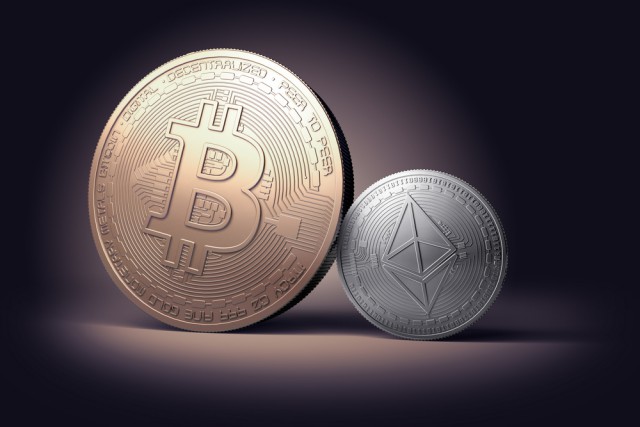
How to buy Bitcoin and Ethereum
The insane rise of Bitcoin and Ethereum makes investments in the two main cryptocurrencies very attractive. You can turn a nice profit in trading but, to play in this market, you first need to get your hands on some coins. So, how do you buy Bitcoin or Ethereum?
Like all the cryptocurrencies that matter, Bitcoin and Ethereum are mainly available through dedicated exchanges. There are also other ways to get Bitcoin and Ethereum, like mining and private trading but, for most people, an exchange is the safest and easiest way to buy into this market, so this is what we will look at here.

Bitcoin and Ethereum see massive corrections after record prices
You know how the saying goes, "What goes up must come down." It also holds true in the case of top cryptocurrencies Bitcoin and Ethereum, which after reaching record levels this week, are now seeing massive corrections.
Bitcoin, which reached a high of 3,000 just a few days ago, is now trading for just over $2,250 on the major exchanges. Ethereum, which is expected to overtake Bitcoin in the coming period, saw its price drop from $400 to around $310. And it is not just the two cryptocurrencies that are suffering.
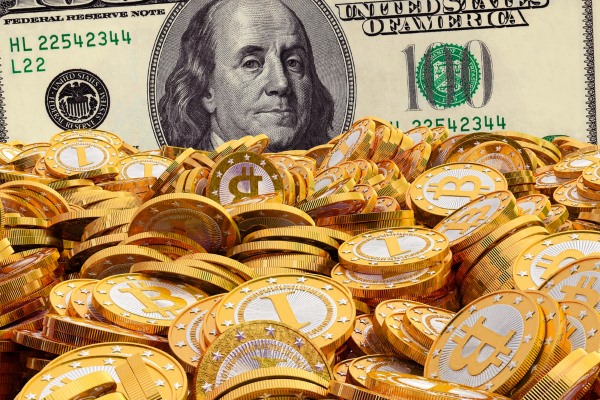
Bitcoin exceeds $3,000 and Ethereum breaks $400
The price of Bitcoin this year has served as a constant reminder that I should take chances more often. When I wanted to invest a small amount -- but didn't -- it cost less than $30. On January 1, it was trading for over $1,000. On May 20, it broke the $2,000 mark for the first time.
And, today, the price of Bitcoin breaks another record, trading past $3,000 for the first time. It is a huge increase in less than half a year, and an astronomical increase compared to when I should have invested -- I wish I didn't know math for a second, because the price of Bitcoin today is 100 times higher. Ouch!

Server shipments and revenue are down
Global server revenue dropped 4.5 percent in the first quarter of 2017, according to the latest updates from Gartner. Shipments were also down 4.2 percent compared to the first quarter of last year.
Looking at the global server market, Hewlett Packard Enterprise (HPE) is still leading the charge, based on revenue. It posted more than $3 billion in revenue, with a total share of 24.1 percent for Q1 2017. Dell EMC held on to second place with a 19 percent market share, as the only vendor to experience growth this year.
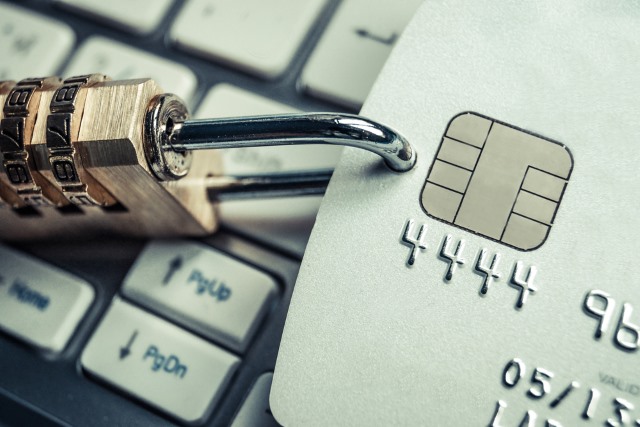
Why companies need a two-step plan to secure credit card transactions
It’s the latest in a long line of cybersecurity incidents involving a well-known brand: In April, Chipotle Mexican Grill notified customers that it detected "unauthorized activity" on a credit card payment processing system. This put the restaurant chain in a position no company wants to be in -- recommending that customers "closely monitor" their bank statements for unauthorized charges.
With the incident, Chipotle joins the ranks of high profile organizations that have suffered breaches of their payment processing networks. The impact proves damaging: A study from the Federal Reserve Bank of Boston found that only 35 percent of consumers believed their personal information was secure during credit card purchases before the Target breach in 2013. But after that breach, this low level of confidence plunged even further to 24 percent.

YouTube defines 'hate speech' and clarifies which videos can earn money through ads
It has been a few weeks since advertisers started to pull out of YouTube after concern about the placement of ads. Since then, the company has been scrambling to earn back trust and it says it has "held thousands of productive conversations with advertisers, and implemented additional controls to restore advertiser confidence."
Now YouTube has set out what it classifies as hate speech, and says that any content that falls into this category will not be eligible for monetization. It's a move that's designed to calm the fears of advertisers, but there is concern that the rules being put in place are now too strict and could affect the incomes of large numbers of YouTubers.
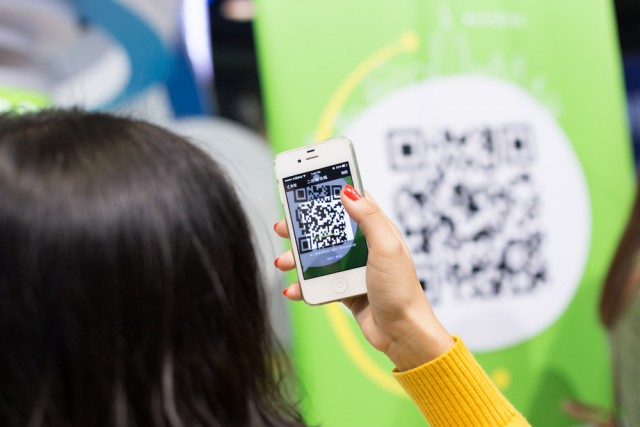
China's QR codes changing the way young people perceive money
QR codes are "changing social behavior" in China, according to a new story published on the South China Morning Post. As a payment technology, QR codes are going through a renaissance in mainland China, where mobile payments are now 50 times greater than those in the US.
Mobile payments in the States have reached $112 billion last year, the report states, calling on a Forrester Research report.
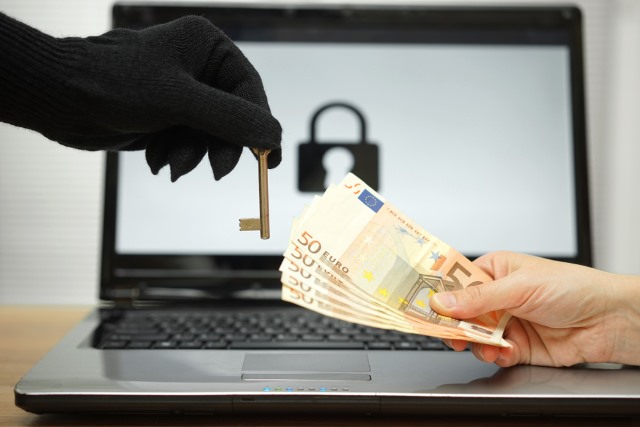
Ransomware revenue rises to $1bn
A new report from Trend Micro has revealed that the use of ransomware by cyber attackers increased by 752 percent in 2016.
In the last year alone, the security software company estimates that Locky, Goldeneye and other malware designed to extort a ransom from its victims earned attackers $1 billion.
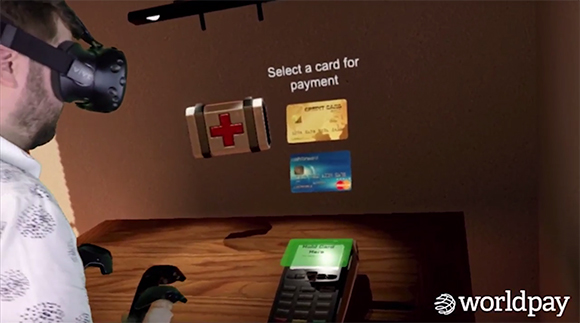
WorldPay wants to make it easier to take your money in VR
We've all been there. You're testing out your new virtual reality headset, exploring fantastical worlds and immersing yourself in all kinds of 360-degree awesomeness, when you suddenly stop and think to yourself, "If only there was some way I could simulate the process of taking out my credit card and tapping it to complete a purchase."
Well, that will soon become possible if payment processing company WorldPay is successful in getting its new platform accepted by app and game developers.

UK businesses spent £1.74bn on IT outsourcing in Q1 2017
Companies are ramping up investment in digital transformation, and it’s showing. This is according to a new report by Arvato, which says Q1 2017 was the strongest in the last five years when it comes to the UK’s private sector outsourcing market.
During Q1, businesses have agreed deals worth £2.42 billion. The Arvato UK Outsourcing Index, created in partnership with NelsonHall, says this is the "largest private sector spend since Q4 2011."
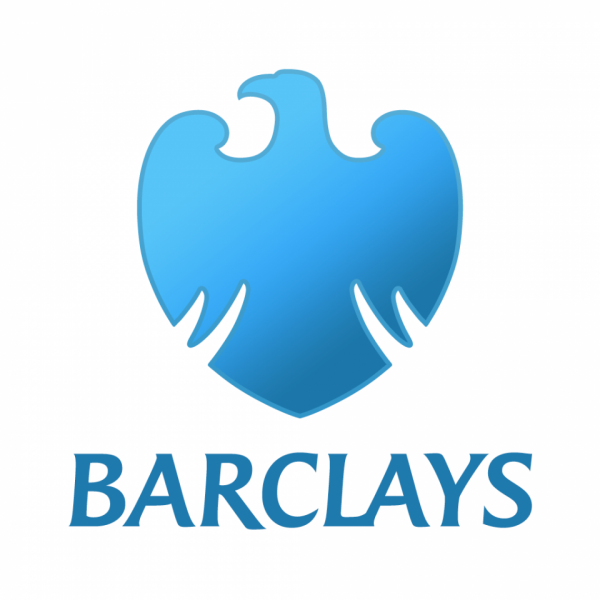
Barclays announces new controls for debit cards to fight fraud
Barclays is fighting back against fraud by offering its users more power over when and how their debit cards can be used. According to its announcement, customers will be able to instantly turn a card "on" or "off," disallowing remote purchases. They will also be able to set their own daily ATM withdrawal limits through the Barclays Mobile Banking app.
The new controls are part of the £10 million nationwide drive to increase the public’s awareness of financial fraud risks.

Big data will be a $76bn market by 2020
Big Data is now a $57 billion market, according to a new report from SNS Research. Entitled The Big Data Market: 2017 - 2030 -- Opportunities, Challenges, Strategies, Industry Verticals & Forecasts, it says that vendors will be earning from hardware, software, and professional services revenue.
What’s more, the report says the investments are expected to grow at a CAGR of roughly 10 percent over the next four years, reaching $76 billion by the end of 2020.

The gig economy has flipped the job market on its head
Today, CISOs are facing a much different set of challenges than they were 20 years ago. From a marked increase in the risk of breach to the growing difficulty in filling security jobs these security leaders are facing an uphill battle. Add to that the pressure to provide security assurance to the board and it’s easy to see why more organizations are harnessing the power of the gig economy.
In the last few years the gig economy has flipped the job market on its head. From ordering groceries to renting a house for a week, the gig economy has opened up new revenue channels for businesses and income opportunities for individuals. But while the issues that have driven this market -- difficulty hiring, a distributed workforce, and people spending less time at companies -- are nothing new, it was the maturity of software that enabled the gig economy to really take off.

UK companies losing money due to inadequate communication and collaboration tools
Inefficient communications and poor collaboration costs UK companies £8,000 per employee, every year, according to a new report by enterprise communications company Mitel. That means that a business with 500 employees or more could be losing more than £4 million every year.
Looking into productivity within the workplace, Mitel’s new report also says that employees lose nearly a day every week due to inadequate communications capabilities.
